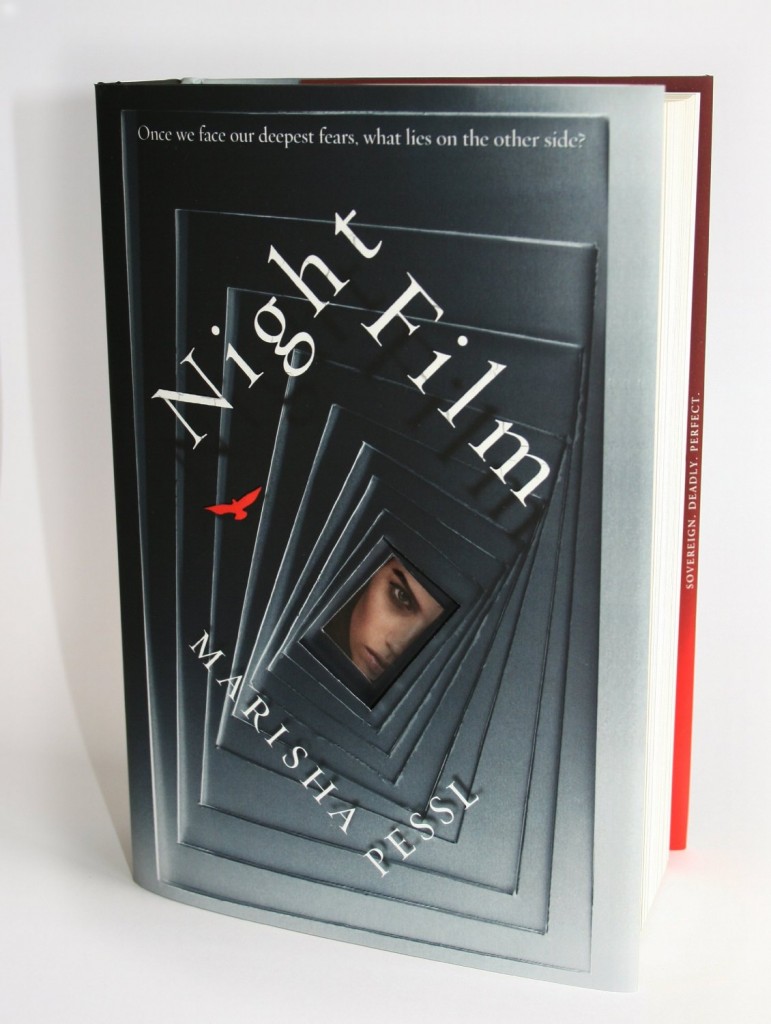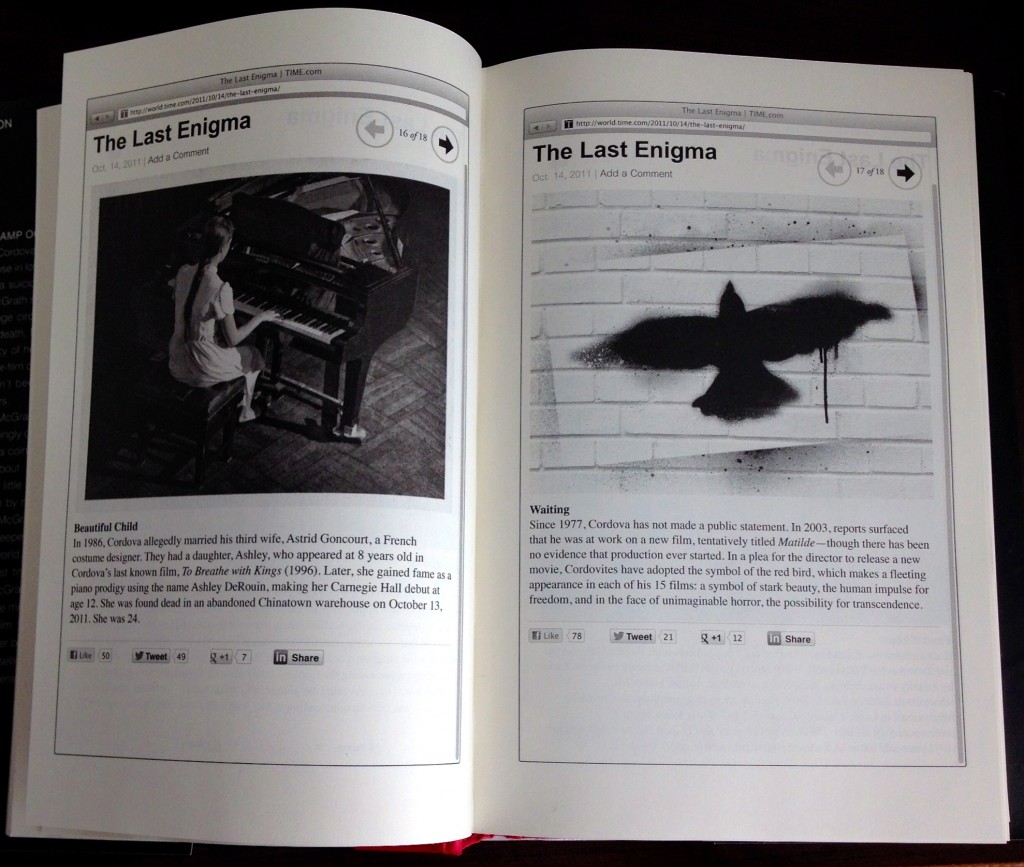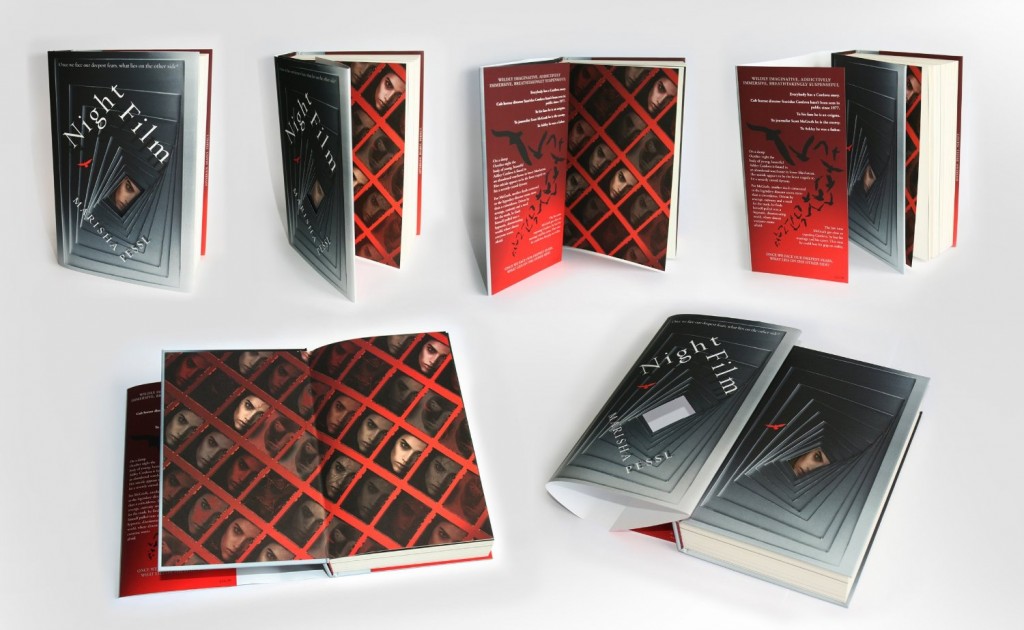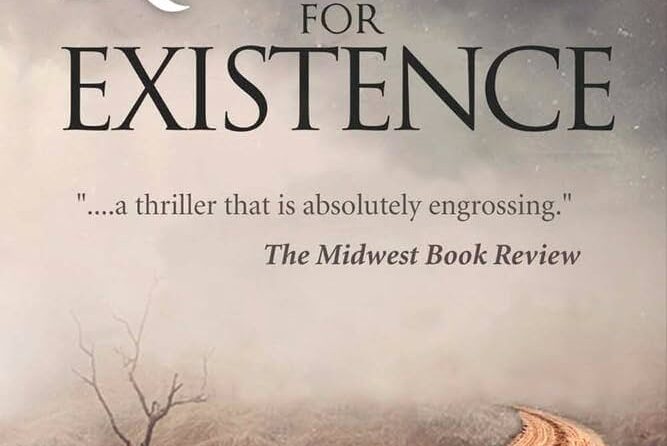
Night Film is the second novel by Marisha Pessl, the follow-up to her 2006 award-winning bestseller, Special Topics in Calamity Physics. It recounts the quest of disgraced investigative journalist Scott McGrath to uncover the truth about reclusive film director Stanislas Cordova. Some years previously Scott was manipulated into making a serious allegation against the director on the TV news programme Nightline, an unsubstantiated claim which seriously damaged the writer’s credibility and career. Now, following the suicide of Cordova’s twenty-four year old daughter Ashley, McGrath reopens his investigation, convinced there is some malevolence about the director which he feels duty bound to uncover. Scott himself is living in New York, middle-aged, divorced with a young daughter, Sam. His investigations bring him two youthful sidekicks, Nora and Topper, and lead them all into Cordova’s secretive world, a domain which may simply be dark and morally corrupt, or which may be prey to deadly supernatural forces. To say more would be to give in to spoilers, and any web search will turn up a fistful of reviews of Night Film which give far too much away.
Suffice to say, Night Film is a post modern thriller/horror novel which constantly questions its own sense of reality. The best horror film makers know it is far scarier to keep the monster in the shadows, and Pessl wisely keeps Cordova an off-screen presence, encountered second-hand through tense interviews with those who know or have worked with him, or through accounts of his films and the shattering impact they have on audiences. His most recent works, before he stopped directing completely, have not been banned, but have been made independently, with Cordova’s own money and filmed on his own vast estate in upstate New York, seen only privately at rare secret screenings, showing exclusively outside the normal channels of theatrical and video distribution.

Pessl creates a tangible sense of veracity through great attention to detail – every last point, every date, every location, ties together meticulously, a rarity in a time when so many novels are riddled with proofing and editorial errors – incorporating photographs, web pages and other documents which make Cordova seem a genuine presence in cinema history. And Pessl weaves Cordova closely into true cinema lore. He wins his only Best Director Oscar the night in fact the statue was taken home by Robert Benton for Kramer vs. Kramer, and Pessl actually narrates a scene in which Benton is so convinced he is going to win that he starts making his way towards the stage, only for the prize to go to Cordova. For all the fantastical elements, Pessl gets the reality right, which is perhaps not surprising when one discovers that she spent years writing unproduced screenplays between her two novels. And it is through all this detailing the narrative opens up endless questions, for Pessl revels in deception.
As a novel Night Film is the Hollywood popcorn grandchild of John Fowles’ The Magus. It is a pulpier work, as befits the subject matter of the hard-drinking journalist investigating a mysterious maker of dark thrillers and horror films. Cordova is in part modeled on Stanley Kubrick – both had exclusive long term deals with Warner Brothers. Like Kubrick, one of Cordova’s films was withdrawn due to its impact, after which, unlike Kubrick, Cordova took his work underground. Also like Kubrick, Cordova is reclusive, the hidden shadow to Fowles’ master manipulator, Maurice Conchis.
One will also find echoes of Umberto Eco Foucault’s Pendulum, Flicker by Theodore Roszak and Polanski’s film version of The Ninth Gate (though not so much the novel by Arturo Pérez-Reverte). Indeed, referencing Polanski brings to mind Rosemary’s Baby, based on the novel by Ira Levin, and another Levin novel, The Stepford Wives – all played on the paranoia and possibly unreliable perceptions of their central characters in walking a line between conventional danger and unreal threat. Mix in House of Leaves, Eyes Wide Shut, and perhaps a glance in the direction of the Saw franchise.

Pessl is a writer thoroughly in control of her material, knowing just where she is directing the reader’s attention. At one point I thought Night Film would make a great new project for David Fincher and Brad Pitt (Se7en / Fight Club), only to find a chapter or so later Pessl having a film studies class view the finale of Se7en). Indeed, with films such as The Game on his CV and his superlative attention to the technical craft of cinema itself Fincher would be the perfect, perhaps only, director, who could bring Night Film satisfactorily to the screen.

Some reviews have mocked the style of the novel, particularly Pessl’s excitable use of italics and employment of many short chapters. They have missed that Night Film is not high literary art, but a post modern game in the style of the popular film it so desperately wants and deserves to be. If ever a book were written as a dark, grown-up blockbuster movie – albeit the sort more commonly seen in the previous millennium, before American mainstream cinema completely succumbed to the rot of endless franchise production and the restraining order tyranny of the PG13 certificate – it is Night Film. Other reviews have attacked a supposed convenience of plotting. That Pessl’s protagonists happen to meet just the right characters who tell them what they need to know at the right moment. There are no longuers or dead ends in the investigation. That is to overlook the obvious – that in this sort of script nothing is what it seems, nothing is unintentional and nothing happens by accident or coincidence. This is book as movie as fever dream psychodrama, it is not literary realism. To fault Night Film for what it is not is a category error.
Night Film is a long novel – all but 600 pages. It is rich and packed with detail. It contains many sequences of gradually escalating dread. Yet it is a cerebral horror. There is little in the way of action. It is no gorefest. Yet suspense is plentiful, from the investigation of an abandoned apartment to a menacing private nightclub to the hermetic world of the Cordova estate itself, past and present. Night Film is a thrilling journey through our dark dreams of cinema, of monsters of the id occluded in shadows on the silver screen. At the end we come blinking back into the sunshine, a delightful shudder down the spine, wondering if there isn’t just one more artfully hidden layer to the puzzle, which once exposed will reveal all.
…is a freelance editor, writing consultant and story structure expert. To find out more, including hiring me to work on your writing project, read my profile or visit my website, To The Last Word.










Recent Comments